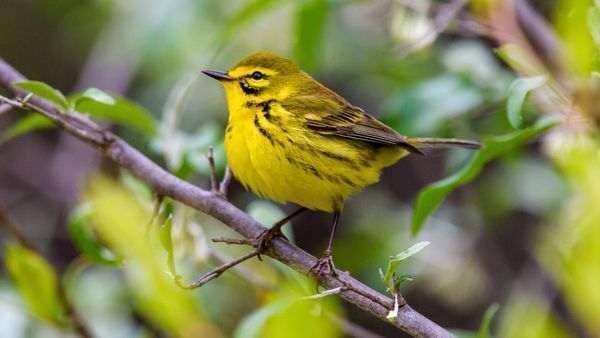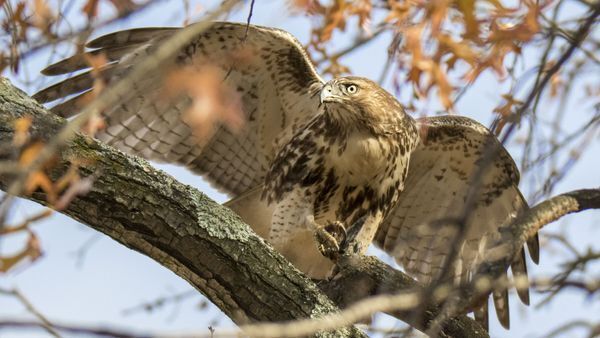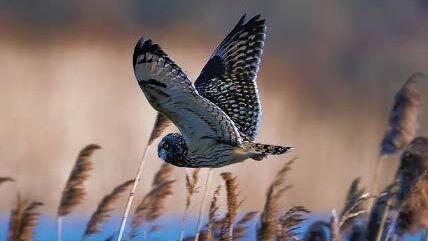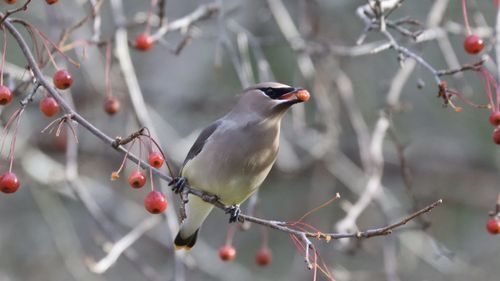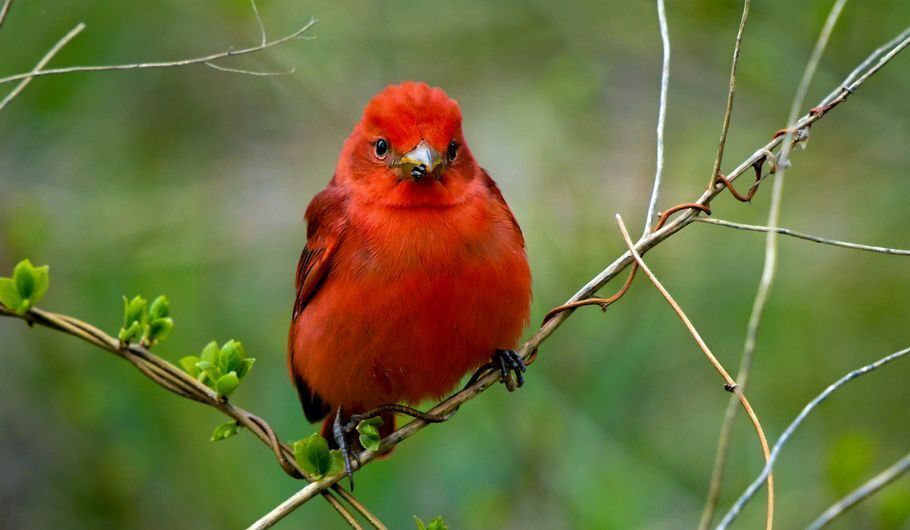
Summer Tanager by Peter Fish
Published December 2, 2022
Avian Research Initiative: A Year in Review
A little over a year ago, Audubon created the Director of Avian Research role because the organization saw a real need to document, study, and conserve the birds that each and every one of us enjoys when we look to the skies within our state. Indeed, every species of bird documented to breed, overwinter, or migrate through Rhode Island can be detected at some point within a year on one of our approximately 9,500 acres of protected land.
In essence, the role of the Director of Avian Research is to help guide the strategic vision of Audubon toward the conservation of our bird-life, both on the land the organization conserves and within the state and broader region as well. While 9,500 acres of land seems immense, it represents only 1.2% of the total acreage of our state. When viewed from this perspective, the scope of success we can achieve by focusing our conservation across just our properties may seem sobering. But the truth is that every acre counts. To a bird stopping along a migratory route, a small patch of highly productive habitat is immensely important.
The Audubon Society of Rhode Island landholdings also represent a sort of petri dish, where detailed information can be gathered and targeted research can be used to scale our understanding of avian populations to regional forest ecosystems. Consider the Hubbard Brook Experimental Forest in New Hampshire. This 7,800-acre forest patch has served as a research site for over 60 years, and the data accumulated from this one site has greatly increased our understanding of how northern forests function as a whole. In short, what we learn about the birds using our properties can help birds everywhere.

When I started in my new role with Audubon, I was eager to begin a number of research projects aimed at determining what species we host on our refuges, how many individuals of the most common species use our refuges, and the health of our habitats along with their importance to birds. Now that data collection is nearly complete for the first year of work, the late fall and winter will be spent analyzing and writing, with the goal of releasing the first “State of Our Birds” report at the beginning of 2023. This detailed document will summarize the findings from our work and will make recommendations on what Audubon and others can do to promote bird populations, whether they are growing or in decline.
Here is a recap of what has been accomplished to date – and what you can expect to see in the report:
Pulling it All Together
Audubon Regional Conservation Symposium
The results of all of these projects will be highlighted during the inaugural Audubon Regional Conservation Symposium on January 28, 2023. During this one-day event, the results of our own in-house research will be presented and scientists from throughout the region will come together to discuss the health of the bird populations they study as well. The symposium will bring together the general public and bird researchers to facilitate science communication across a larger audience and to create a working group designed to generate comprehensive, region-wide conservation plans, something that is currently lacking in the New England conservation landscape.
Anyone interested in learning more about Audubon’s research and the state of Rhode Island birds are encouraged to attend. Space is limited, register early.
For more information and register today at asri.org/BirdsAcrossNE.

